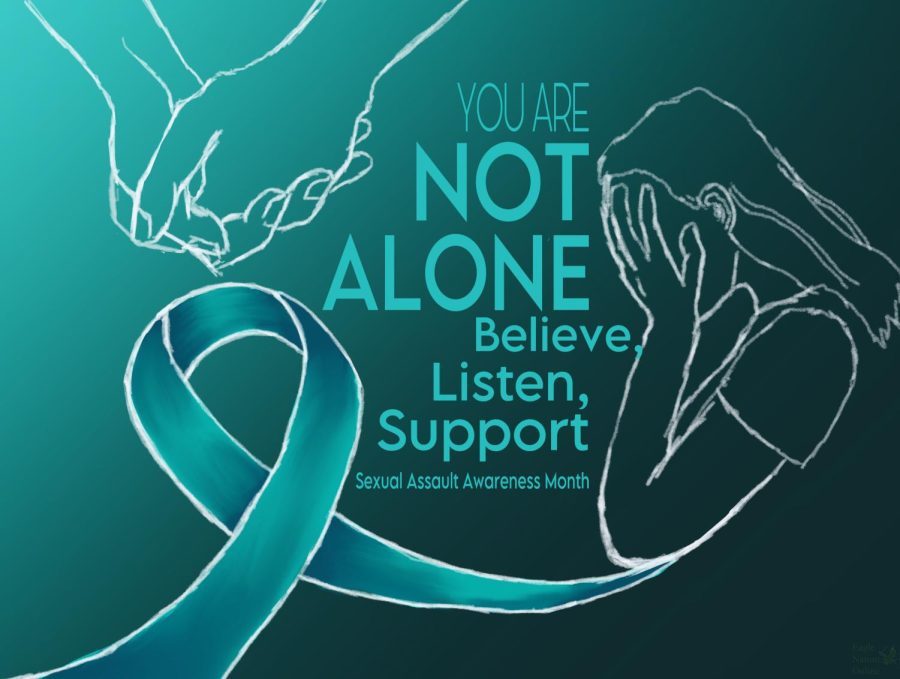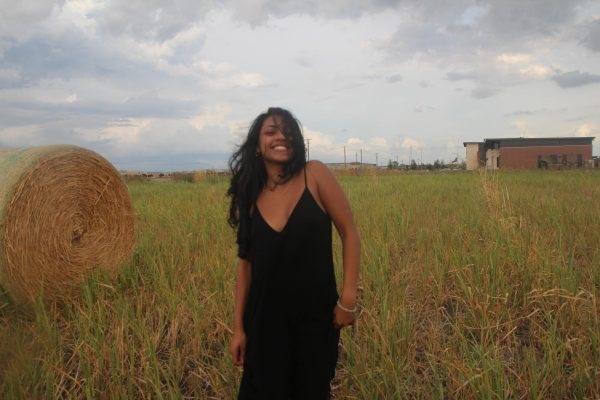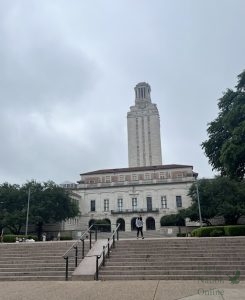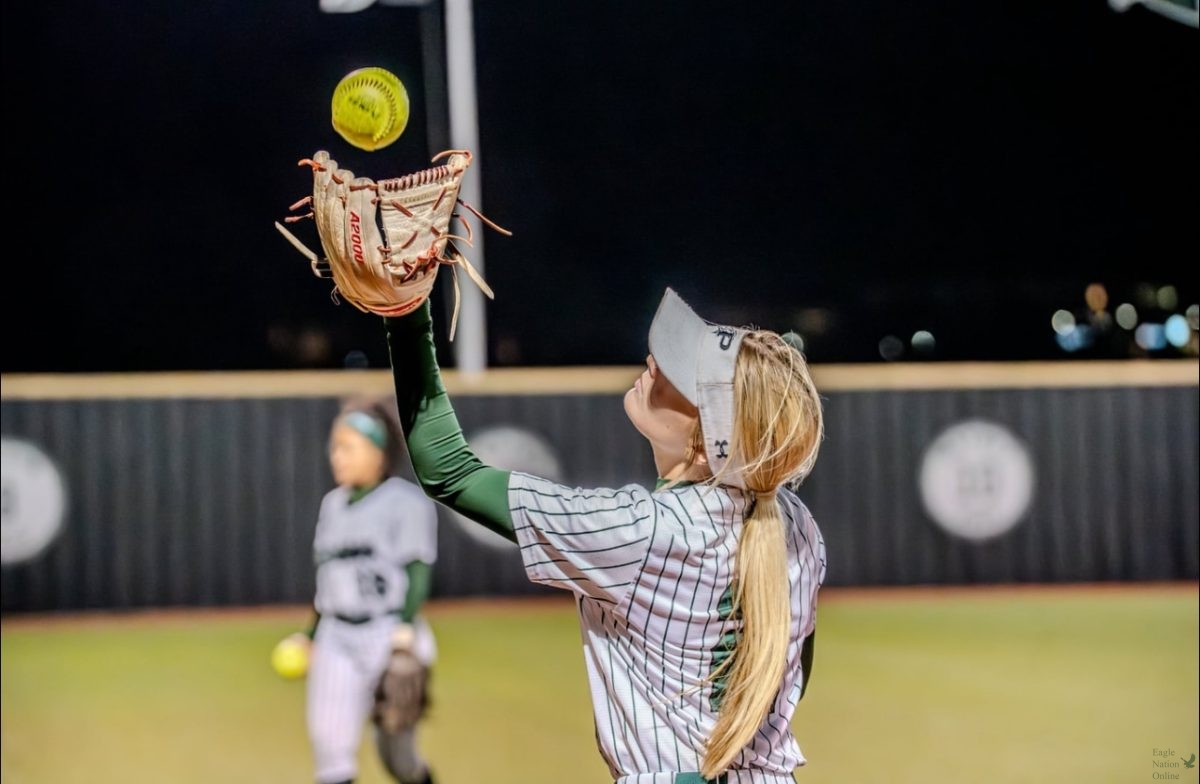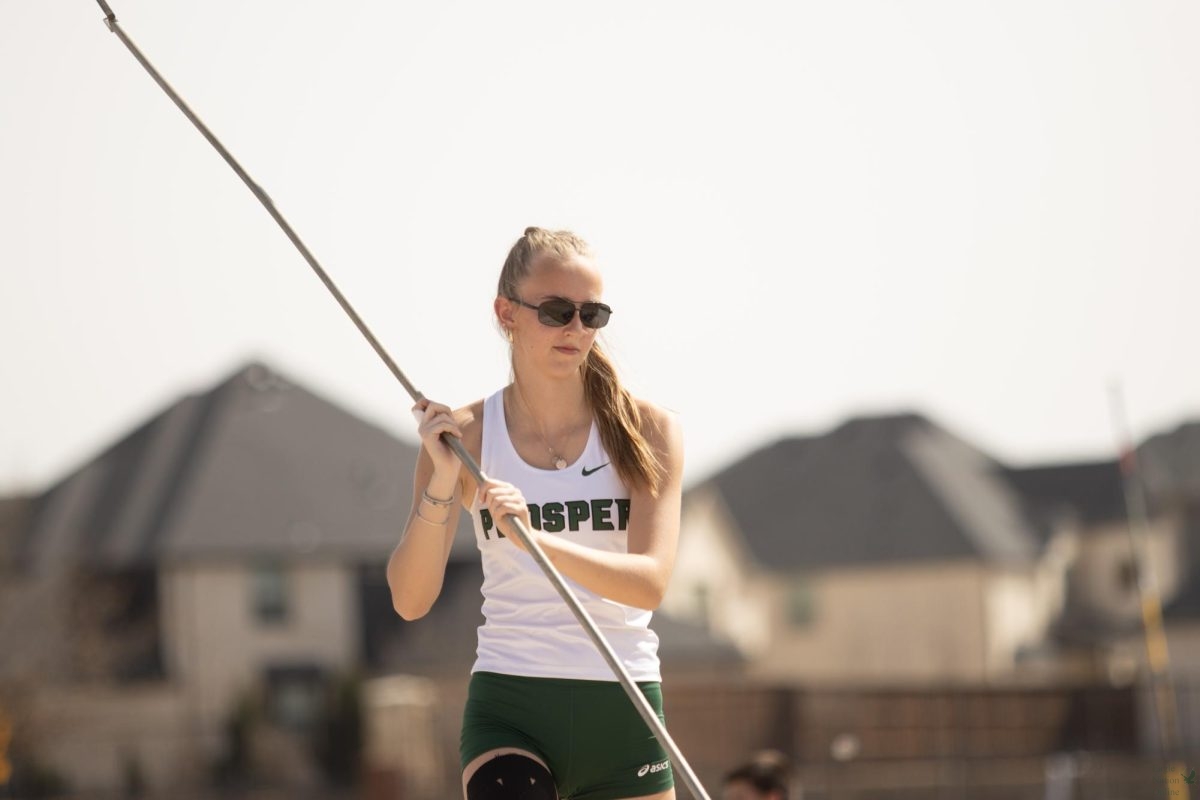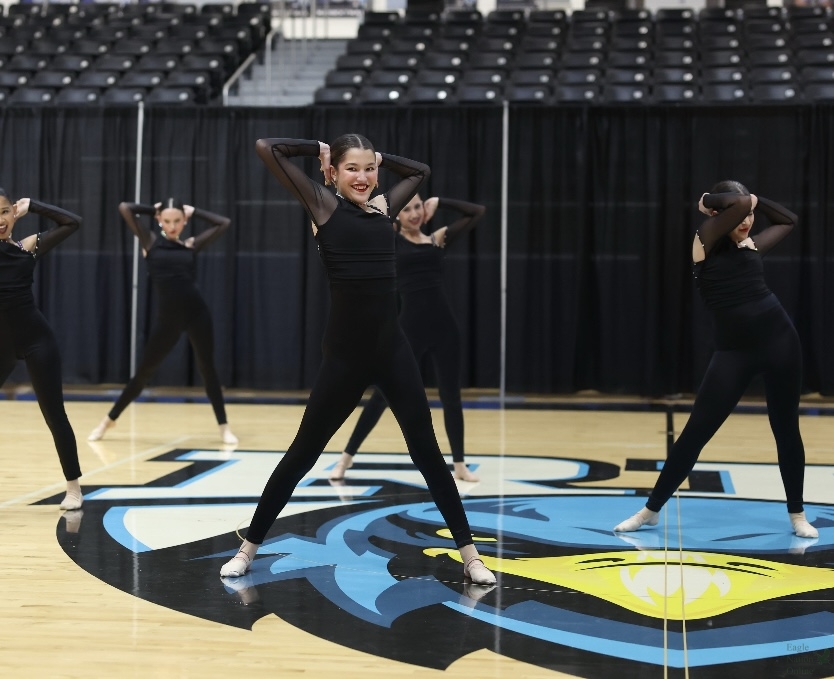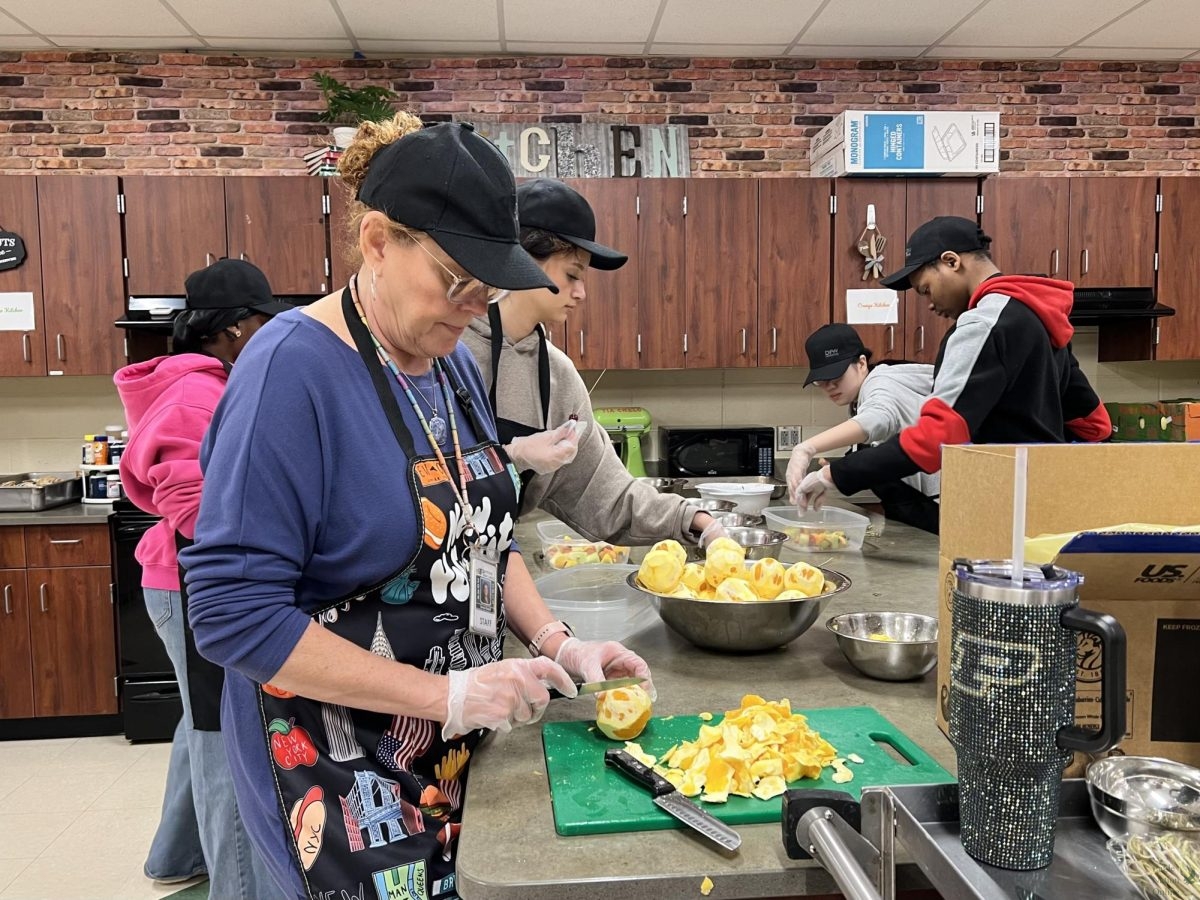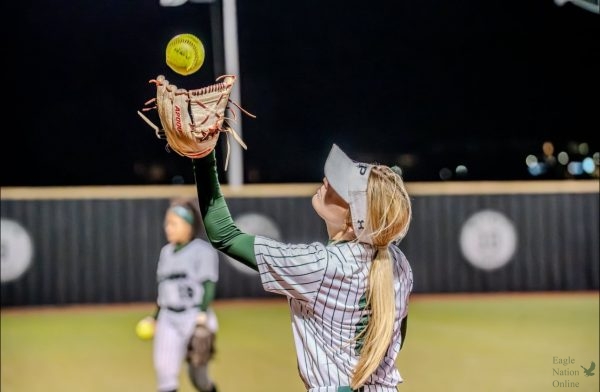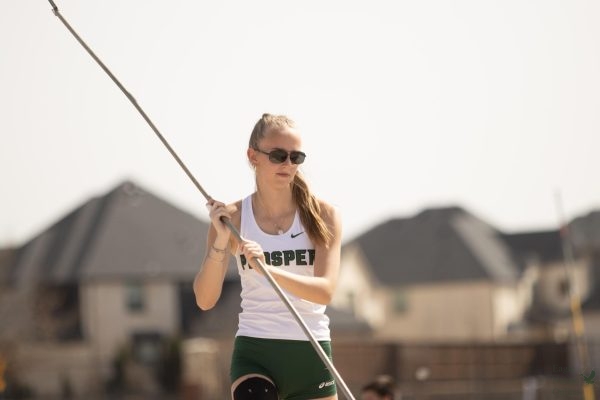Prosper community brings attention to Sexual Assault Awareness Month
PHS officials, police dept., students support victims of sexual assault
In a graphic, an outline of a girl places her face in her hands, which fades into the sexual assault awareness ribbon under two hands, symbolizing support of survivors. The color that represents sexual assault awareness is teal. April is sexual assault awareness month.
April 26, 2023
April, Sexual Assault Awareness Month, brings people together to build a community of survivors and supporters. The month has a long history.
Stephanie Clayton focuses on the role mental health plays in students’ lives as a student support counselor.
“I have extensive training in mental health,” Stephanie Clayton said. “I can help students with things as simple as relieving stress to helping with grief and depression.”
Sexual Assault Awareness Month started even before the beginning of the civil rights era.
“Sexual Assault Awareness Month originated back in the 40s and 50s,” Clayton said. “It has evolved to raise awareness and hopefully prevent sexual assault overall.”
Survivors have learned through the spread of awareness regarding sexual assault that their experiences may not even be one-of-a-kind.
“Creating awareness is great because people realize if something happens to them, they are not alone,” Clayton said. “It makes it easier for people to come out and talk about it.”
Counselors provide resources to aid victims.
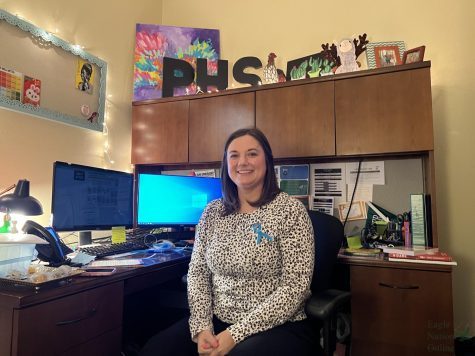
“If anybody was to disclose a sexual assault to us, we would report it to those that need to know,” Clayton said. “We would be a supportive person for them and try to connect them to resources.”
Prosper High School hosted its first Mental Health Matters event last semester.
“We’re going to do it next year as well,” Clayton said. “It’s a community event that helps target parents to come and learn more about mental health and available resources.”
Counselors said they make student safety a priority, as they also work to earn the students’ trust.
“As far as students feel safe, counselors and educators have to build trust with our students,” Clayton said. “We’re always open to listening without judging about what others may be saying.”
According to Clayton, students who experience any form of sexual abuse are rarely a victim only once.
“When anyone makes an outcry of sexual abuse or assault, it’s usually not a one-time event for them,” Clayton said. “It’s a process over time… we try to throw out small information to see if they feel comfortable to talk.”
Studies show victims come from all demographic areas.
“Over half of women experience sexual violence at some point in their lifetime – and one in three men,” Clayton said. “I think we don’t realize that it happens across the board, (and even) more (often to) minorities.”
As he discussed student safety, Sergeant Christopher Reeves explained how the PISD police department responds to reported sexual assault and sex trafficking.
“We deal with teenage runaways, and, fortunately, we recover them,” Reeves said. “It’s scary out there, but we always try to work with their parents and GPS coordinates.”
Officers explain day to day observations to protect students from any dangers surrounding the school.
“It doesn’t matter if you are a freshman or senior, you should not be alone,” Reeves said. “If the bell rings, students should not be standing around — not with custodians, food workers or even tutors.”
Reeves said that victims who have past trauma with sexual assault may go back to the same situation after developing trusting relationships with their abusers.
“We’ve seen a lot in 20 years,” Reeves said. “Victims may look back for a father or mother figure.”
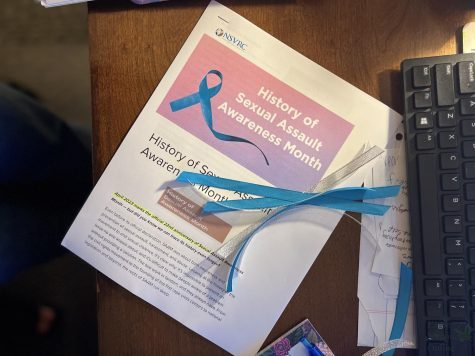
Founder and President of Our Body Not Yours club, Seriki Oluwaseun, helped found a club to deal with these issues at the high school.
“OBNY was originally created to prevent those situations and provide an environment where victims can feel heard,” Oluwaseun said. “We would even go as far as to help them get justice by speaking to the school officials.”
In addition to club members showing victims how to get help, Oluwaseun said the group provides education on how to heal.
“We teach students about creative expression as an outlet to heal from pain,” Oluwaseun said. “We teach them about self love and appreciating themselves and their bodies from head to toe.”
In addition, Oluwaseun said the realities of sexual assault should be discussed in the open.
“Sexual assault was so normalized to the point where we exaggerate examples of it so much – even though it can be hidden in plain sight,” Oluwaseun said. “I want people to understand the importance of respecting one another, and for victims of sexual assault to find healing – and understand that they are not to blame.”
But, Oluwaseun also wanted to make the point that despite others beginning to discuss it more, the issue still is not one with simple solutions.
“We want the students of PHS and others to understand that sexual assault is not as black and white as we make it seem,” Oluwaseun said. “Other groups are affected besides the victim and abuser, such as the parents of both parties, the police involved and school officials.”
Oluwaseun also agreed with Clayton that women are not the only victims of sexual assault.
“The other perspectives include the constant disregard for men’s mental health and how it plays into sexual assault,” Oluwaseun said. “We want the young men of PHS to take pride in their emotions, and release any limitations that prevent them from being their authentic selves in order to please a crowd.”
Administrators, police officers, counselors and student leaders plan to continue to work together to prevent sexual assault as well as provide a safe place for victims to heal.
“Finally we want any sexual assault victims who have hidden in silence to have a safe environment to heal from their trauma and understand that they are not at fault,” Oluwaseun said. “I hope to leave behind a new mindset in the students.”
Contributions were made by Maya Contreras.



